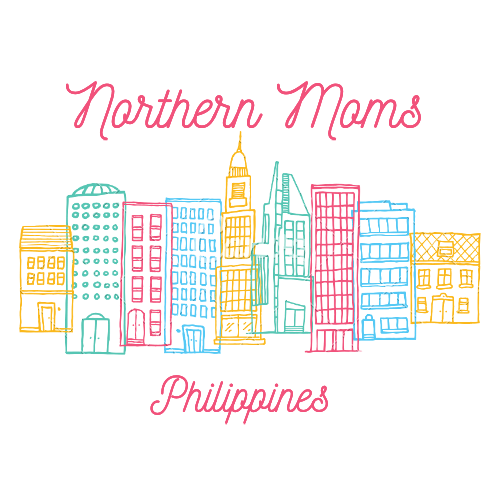As an author, you need to have a complete set of writing and editing tools at your disposal to help you make your book the best it can be. While some of these tools will be specific to your genre or writing style, there are others that are essential for all authors.
These tools can make a big difference in how easily and effectively you can write and edit your work. From mind mapping software to grammar checkers, there are several useful software and tools that can be helpful in improving your overall craft.
Below in this article, we are going to mention these tools with a brief detail about each one.
1. Mind Mapping Software
As an author, you will need to put down the overall theme of your book and lay out all the ideas that are related to the central theme. This process is called mind mapping. Most authors prefer writing these details down on paper, but a software tool is a more efficient option if you want to streamline your thoughts in a coherent way.
Mind mapping software allows you to brainstorm ideas and organize them in a visually appealing way. You can also use it to create diagrams and flowcharts to build relationships between your ideas. This can ultimately be helpful in making a connection between several concepts used in your book.
Moreover, mind-mapping software can also be used to create an outline for your book.
2. Grammar Checking Tools
When you’re self-publishing your work, there are many things you will have to do all by yourself. Not only will you be writing the book but also designing its book cover, formatting the manuscript, and marketing your book. With so many things to do, it’s easy to overlook the importance of proofreading and editing.
Fortunately, there are now many software programs available that can help authors with the proofreading and editing process. Grammar-checking software is one such tool that can greatly benefit book authors.
In the publishing world, Grammarly is considered the best grammar-checking tool and can be used to identify and correct errors in book manuscripts. You can also read this Grammarly review to have an idea of how to use this software to improve the overall quality of your book.
3. Book Writing Software
If you’re an experienced author, there’s a good chance you already use a word processing program like Microsoft Word to write your books. But did you know that there are a variety of other specialized book-writing software programs that can make your job even easier?
Yes! Book writing software can help you with everything from organizing your ideas to formatting your book for publication. Also, they can help you write your book more quickly by providing template options and auto-formatting.
For example, it can be easy to lose track of things when you’re writing a book. These types of software will help you keep everything organized, so you don’t have to worry about leaving anything behind.
And the best part is, you don’t have to be a tech expert to use them. These software programs are pretty simple to use, just like Microsoft Word and Google Docs.
4. Plagiarism Checking Software
As a book author, you want to make sure your work is original and not plagiarized from any resource that has already been published. Plagiarism checking software can be a useful tool to help you ensure your work is unique.
Using this type of software is a good way to help make your work credible and avoid legal issues, and also help you maintain your reputation as an author. There are many plagiarism-checking software programs, and many of them even offer free trials, so authors can try them out before committing to a purchase.
5. Book Editing Software
No matter what stage you are in your writing journey, book editing software can be a helpful tool to make your book the best it can be. While a lot of people think of book editing as a purely mechanical process, it can actually be quite creative.
It’s true that development editing can only be done by an experienced editor, but editors, too, can be in need of a tool to make their work more efficient and streamlined. With the right book editing software, editors and authors can easily make changes to books that will improve the flow, clarity, and overall quality of their work.
There are different book editors available, but some of the most used ones include Reedsy book editor, ProWritingAid, and Grammarly. All these types of software help find little to major mistakes in manuscripts, which can, in turn, polish your overall craft.
6. Story Writing Tools
If you’re writing a story, whether fiction or children’s story, there are a few story-writing tools that can come in handy.
One of the most popular story-writing tools is an outline template. This can help you organize your thoughts and plot points, so you don’t get lost along the way. There are a number of different outlining methods you can try, so find one that works best for you.
Another helpful tool is a thesaurus. This can come in handy if you’re struggling to find the right word to describe something. With a thesaurus, you can find different ways to say the same thing and make your writing more interesting.
All in all, these tools can be very helpful, especially for novice authors. They can provide guidance on how to construct a story, how to develop characters, and how to format a story for publication.
7. Speech-to-Text Software
The ubiquity of mobile devices has led to an increase in the use of speech-to-text software. This software can be useful for authors who want to transcribe interviews or dictate their book idea. The software is also useful for people who want to improve their writing speed.
While it is not perfect, speech-to-text software can be a helpful tool for authors. For example, if you are tired of the same monotonous routine of sitting down daily and typing thousands of words, this type of software can be very useful.
 Copyright protected by Digiprove © 2023
Copyright protected by Digiprove © 2023











